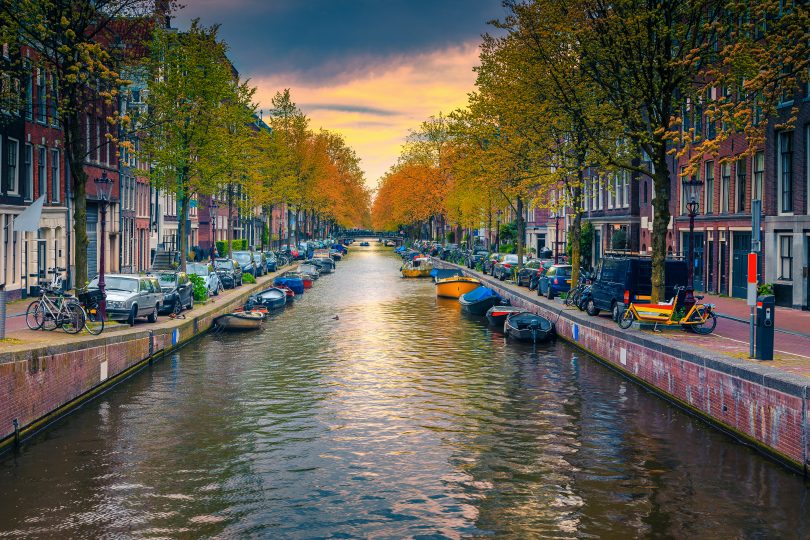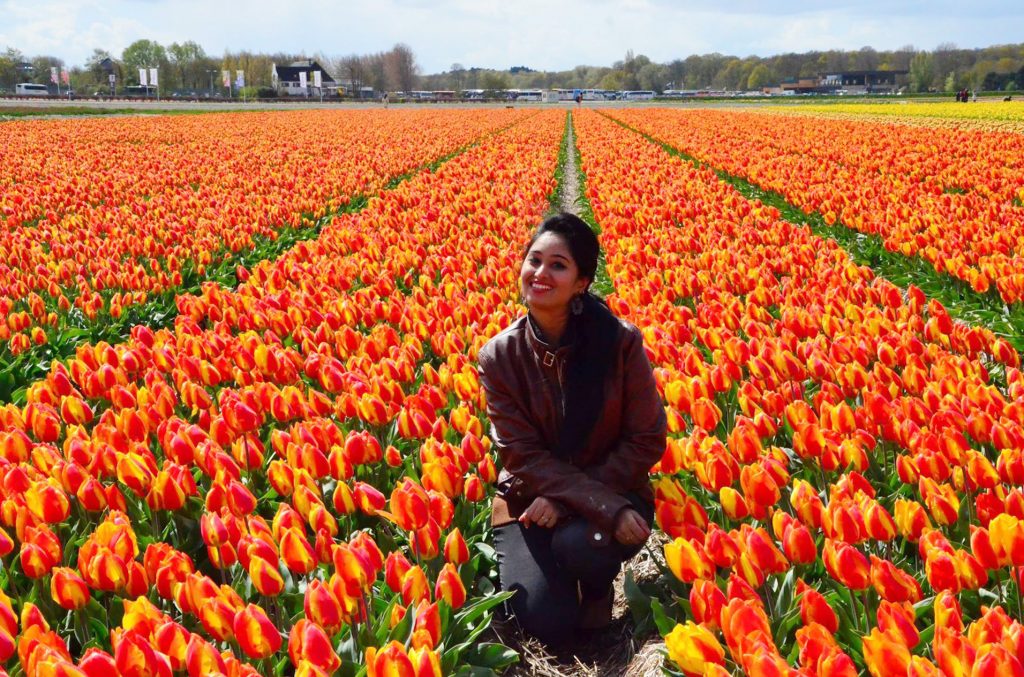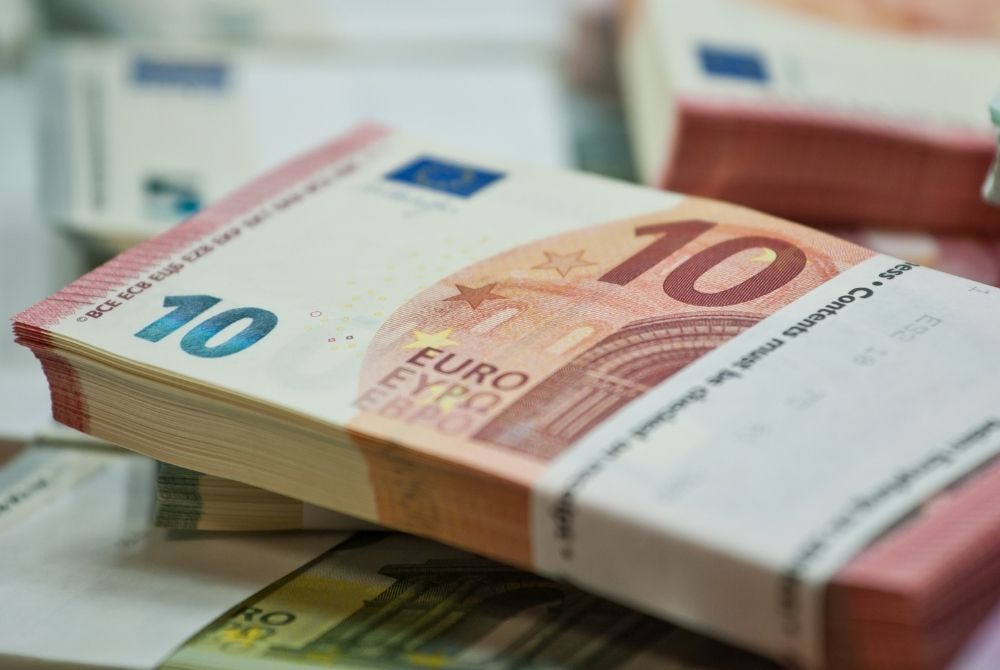It is amazing how little we Indians know about the Netherlands even though products of Dutch companies have been an integral part of our lives in India (did you know that Philips and Unilever are Dutch companies?). Anyway, despite my best efforts to learn everything before I got here, turns out that some experiences and seemingly small day-to-day matters such as getting a prescription from a doctor or opening your own bank account are the first struggles you encounter as a migrant.
Keep in mind that while this guide was written according to my experience in the Netherlands, it can easily apply to your experience in the European country you chose to migrate to.
To save you the trouble of figuring everything out for yourself, I’m happy to share the second part (here’s the first part) of a two-part guide to the most useful life hacks that will help you settle in your new European home in no time.
Vegetarians need Google Translate
Everyone who doesn’t speak the local language need google translate while shopping groceries in Europe. But the matter probably becomes a bit more urgent when it comes to vegetarians or anyone with specific dietary restrictions, so keep that in mind.
It might come as a shock, but the local supermarkets in the Netherlands label and name everything in Dutch, without any sign of English. This can be a bit challenging for newbie migrants like we were when we first went grocery shopping. Don’t worry though, this is exactly what google translate was made for! Well, maybe not exactly what it was made for, but you get the point.
Pro tip: Make a list of all the things you like along with their translation in the local language. That way, for example, you’ll be able to simply ask for Eieren, which is the Dutch word for Eggs.
Typically in the Netherlands, you will always find a supermarket near your home, wherever you live. But what happens when you want to get that specific savory, spicy taste of home? Well, I’m happy to report that Indian stores filled with ingredients and items imported from India can be found in almost every city in the Netherlands, and probably in most European cities as well.
Keep in mind that imported items from India are a bit pricey here because they are exclusive. However, you can’t do without them if you love spicy and flavourful Indian food. To find the Indian store nearest to you and generally consult with people from back home on literally anything, you should join the Indians for Indians in the EU community on Facebook. I find a lot of helpful information in it.
Getting Used to the New Weather
Unlike the defined seasons we are used to seeing in India, the weather in Europe is a mix of sunny and rainy days. You really cannot predict how the day is going to be, and hence, you’ll always see people carry an umbrella with them and constantly keep track of the weather forecast on their mobile. I usually use Accuweather, which is quite accurate with forecasts and shows live warnings that are relevant to the area where you live.
Also, one of the things that struck us when we first moved to the Netherlands was the variation in the length of the day and night. While winter is pretty dark and grey and generally has a night-ish quality to it, summer is the complete opposite. In summer, you’ll enjoy daylight from as early as 5 AM until 10 – 10:30 PM. Moreover, the long mesmerizing twilight period around sunrise and sunset will have you captivated by the majesty of nature.
If you’re like me and you love it when it rains, Europe is the best place for you to be. It rains almost every day, even during summer! Sometimes it can rain for 3-4 days straight, which contributes to the green and colourful landscape especially in spring, summer and also during autumn.
Your First Foreign Words, or Learning the Local Language
Learning a new language can be challenging as there are many nuances that have to do with culture more than the actual language. But this is something that you learn as you go, especially when you live in a foreign country and are adapting to a new environment.
The first thing you should know is that most people in Europe speak English (or at least try to), so you can always get by, even if your English isn’t that great. The second thing you should consider is to keep a list of important words and phrases along with their translation to the local language. Words and phrases such as “thank you,” “good morning” or “where can I find the restroom” will literally save your life (well, maybe not “save your life,” but will definitely contribute to your experience).
Pro tip: YouTube knows everything! Search how to say specific words in literally any language, and you’ll find it in a video.
By my second week in Europe, I had already started saying all my greetings in Dutch, which at first felt strange, but I found myself enjoying speaking all of these strange-sounding words, especially the ones that you speak right from their epiglottis like “Goedemorgen,” (good morning) “Graag gedaan” (you’re welcome), etc. So learning a new language can also be fun.
I have been living in Europe for many years now, but it sometimes still feels like only yesterday was my first day as an Indian expat. All the questions, concerns, excitement, and an entire range of emotions wore off little by little as I adapted to my new home. I have met many new people who became an integral part of my life – some of them are locals and some are migrants from India who share the love of authentic Indian food with me.
There’s so much more to say about being an Indian expat in Europe, and I plan on sharing it with you. Tips about transportation, administration, making new friends, and how to deal with that constant feeling of missing home are only part of the subjects we will discuss in upcoming blogs.










